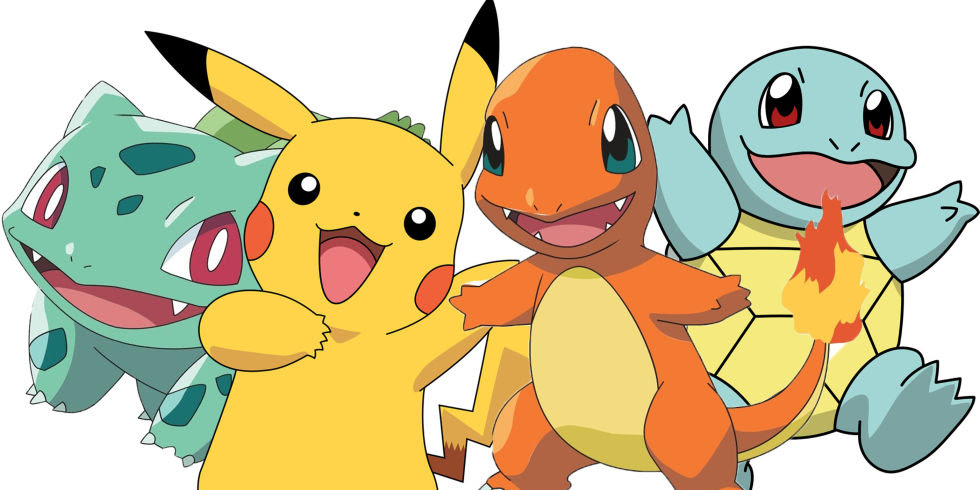MEMORY: A UCR researcher discovers a link between long-term and short-term memory.
By Andrew Carlson, Staff Writer
Throughout December 2016, Assistant Psychology Professor Weiwei Zhang at the University of California, Riverside (UCR) and UCR Psychology graduate student Weizhen Xie set to discover if the limited capacity of short-term memory could be increased by associating it with long-term memory. The traditional belief of relation between long-term and short-term memory is “short-term and long-term are independent,” Zhang said. “Long term is like your [computer] hard drive and short-term memory is more like RAM.” Random-access memory (RAM) is a hardware device that allows information to be stored and retrieved on a computer. Zhang and his counterparts set out to discover if there was a link between prior familiarity in long-term memory and visual short-term memory storage capacity.
His experiment of enhancing the working memory of individuals was based on the recognition of Pokémon due to its diverse, unique features. “In order to test how short-term memory affects long-term memory, we need to train the participants over days and weeks,” Zhang said. If a study shows no relationship between the two, “it could mean that the lab training was insufficient. That’s why we chose Pokemon stimuli. We don’t have to train (subjects) in the lab. Everybody knows a lot about first-generation Pokemon,” he said. Most of the subjects in the study were UCR students, who were mostly familiar with the first-generation characters— released about 15 years ago— than with the more recent fifth-generation characters.
There were two subject groups in the experiment. One group had extensive prior knowledge of the original Pokémon characters, while the other group was less familiar. They were each flashed five random Pokémon characters for half a second; they were then asked to remember them in working memory and hold the memory for one second. In the following test, the participants were shown a single Pokémon character, which would be one of the previously presented Pokémon characters that they needed to remember, or a new Pokémon character – both possibilities were equally likely. Participants had to report whether they saw a new or old Pokémon.
Results demonstrated that the subjects remembered the Pokémon they were previously more familiar with than the new Pokémon characters. “These results suggest that long-term memory, specifically familiarity, could boost working memory capacity, another example of ‘practice makes perfect,’” Zhang said. “These findings could have further implications in applied settings such as classroom learning. For example, those preparation courses for the MCAT or the SAT may have familiarized their students with the testing procedure and the scope of assessments such that the students could perform better simply because they had a better working memory for the testing materials,” Zhang stated.
If these studies prove effective, a whole new style of test preparation could arise from the data. Familiarity with Pokémon enabled the subjects to remember the imaginary creatures accurately, so imagine the aspects of schooling that could be affected by this experiment.

